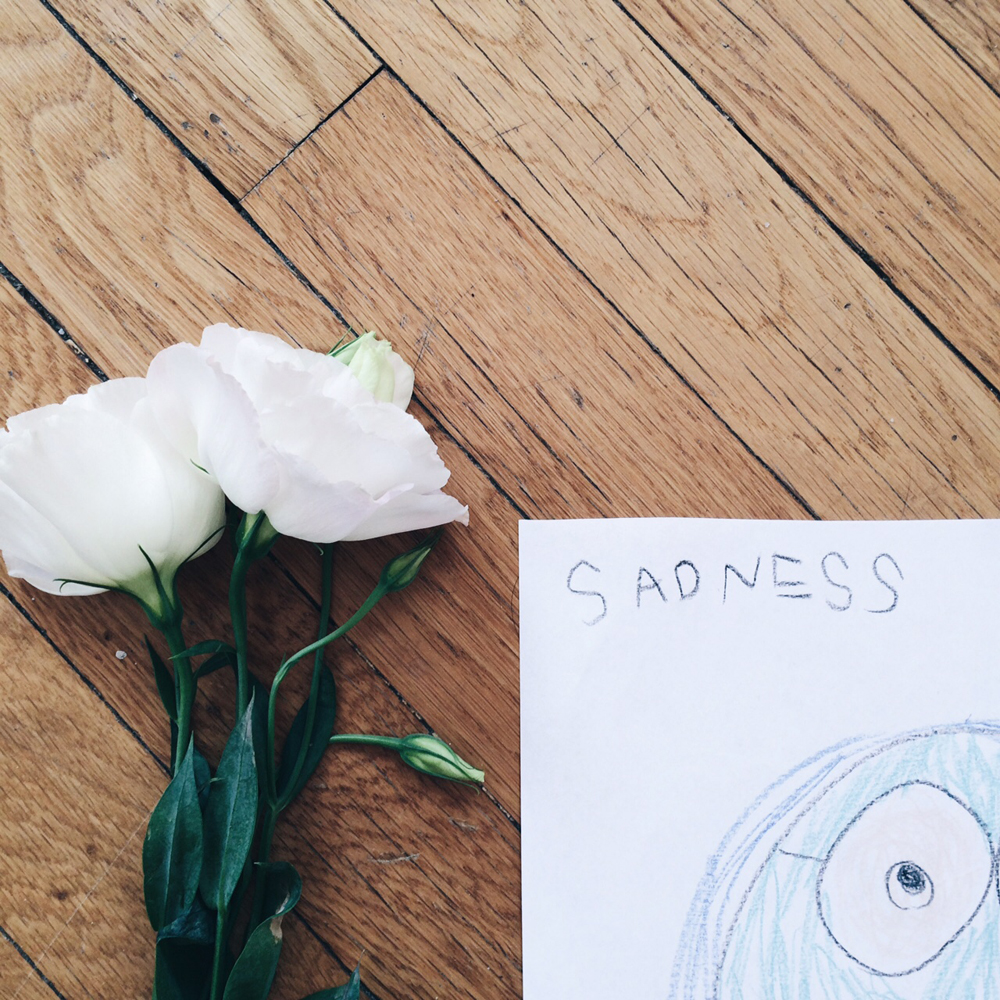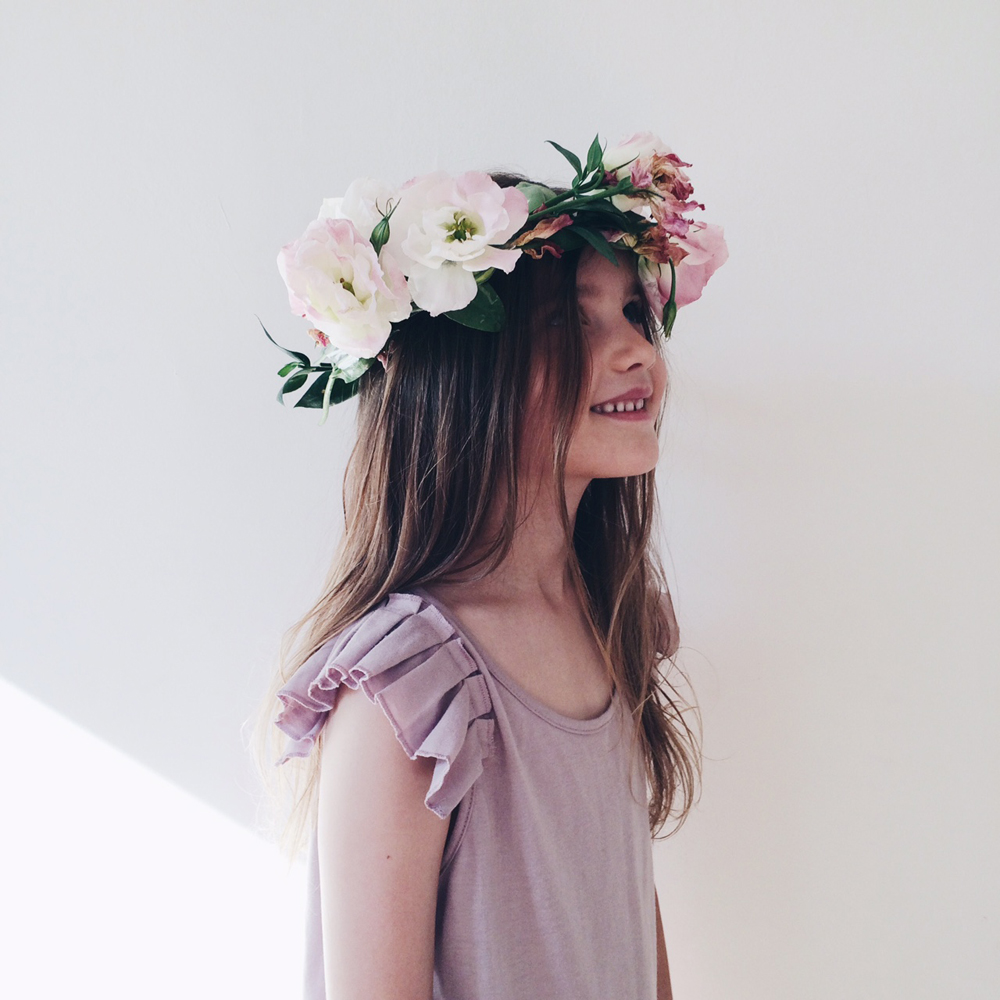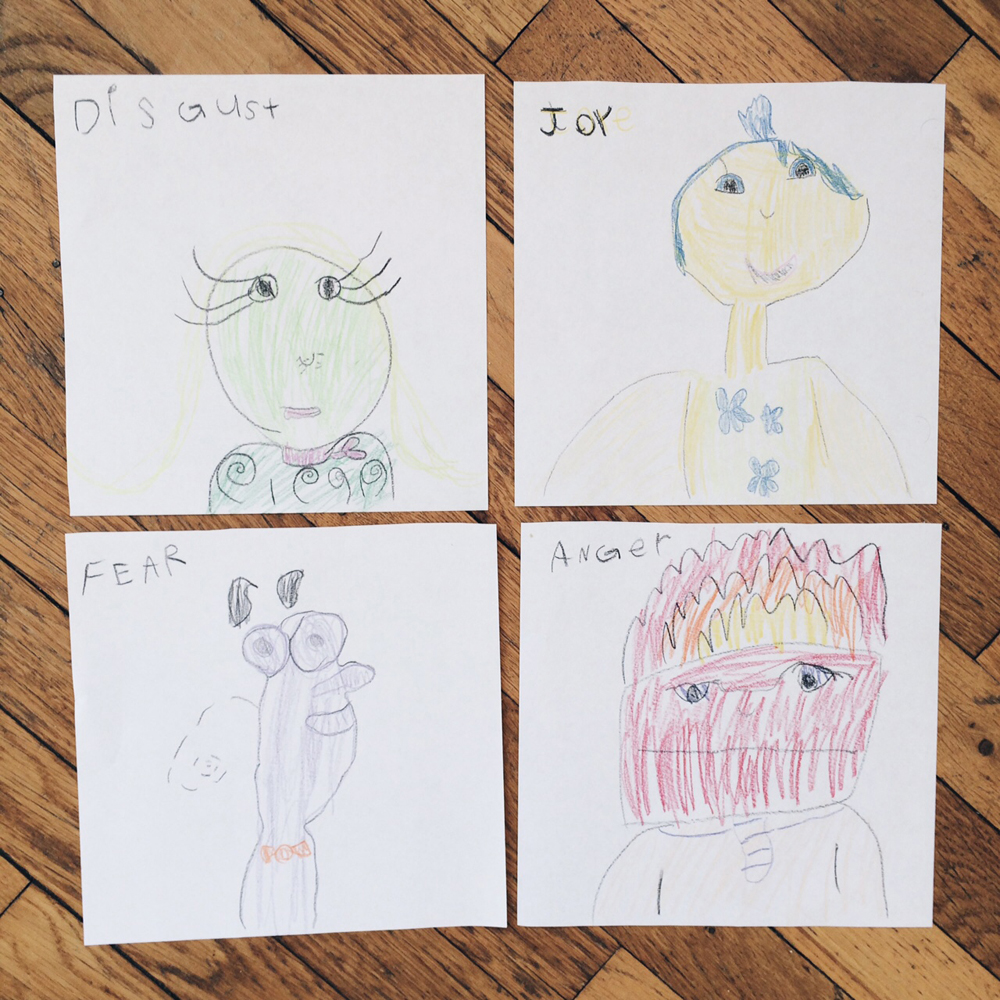“Sometimes you’re happy, sometimes you’re sad. You’re not always in the same mood. When you’re sad you might be afraid to tell a grown up, but if you tell a grown up, you’ll feel better.” That’s what my 6-year old daughter answered, when I asked her, what the film Inside Out was about.
Yesterday afternoon Eleanor and I went on a cinema-date to see the new Pixar film Inside Out. The film is about Riley, who has to leave her friends, home and beloved ice hockey team behind, to move to a new city because of her dad’s new job. Like all of us, Riley is guided by her emotions; Joy, Fear, Sadness, Anger and Disgust. These individual emotions live in the control centre of Riley’s brain and they help guide her through the day. As Riley gets more and more upset about the move, chaos is let loose in her brain, and her emotions end up on a dangerous and heartbreaking journey in an attempt to restore order and make Riley happy again.
Through most parts of the film, the emotion Joy thinks she’s the only one who can make Riley happy. But by looking back at Riley’s most important memories Joy realizes that sometimes you need to accept sadness.
Eleanor and I both found that is was a really good, funny though also a very sad film. New York Times critic A.O. Scott describes the film like “ a defense of sorrow, an argument for the necessity of melancholy dressed in the bright colors of entertainment”, and for me, that’s exactly what the film is about. It’s so sad, that you feel like crying (a young man sitting right behind us made loud sobbing sounds more than one time throughout the film) but because the sadness is wrapped up in funny characters, bright colors and an imaginary animal-friend who cries candy tears, it’s digestible for a 6-year-old.
For my daughter and I, the film was a great opener for a conversation about emotions, how you cannot always be happy and that it often helps to talk about things with a grownup. It also started a conversation about how emotions work, and how our brains are built.
Go see Inside Out, and make sure you have time for those important conversations afterwards if you child feels like it.





